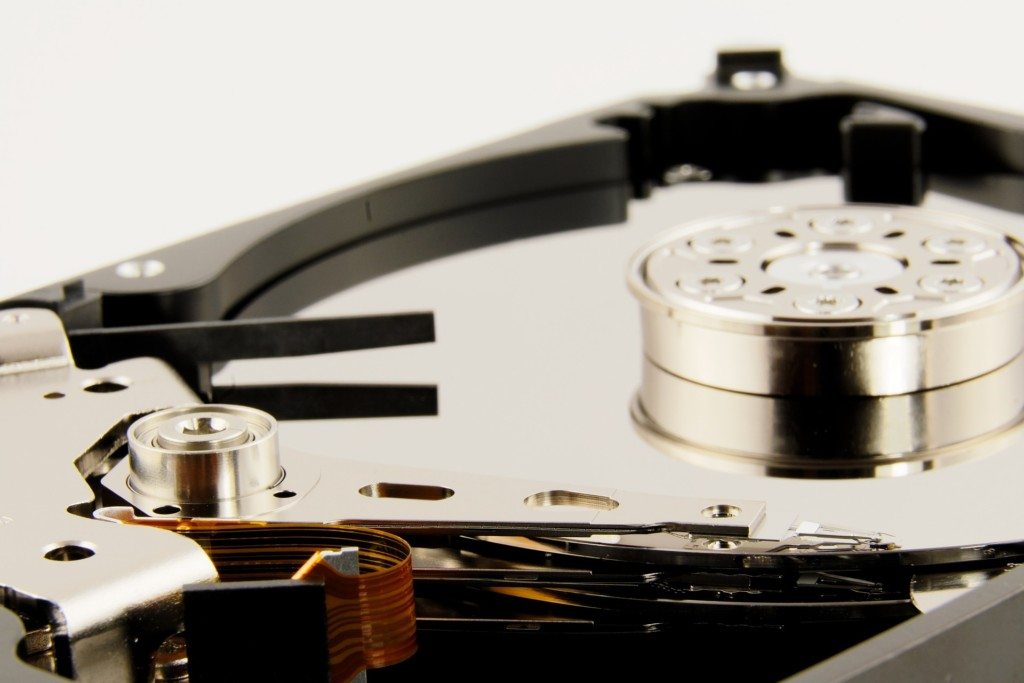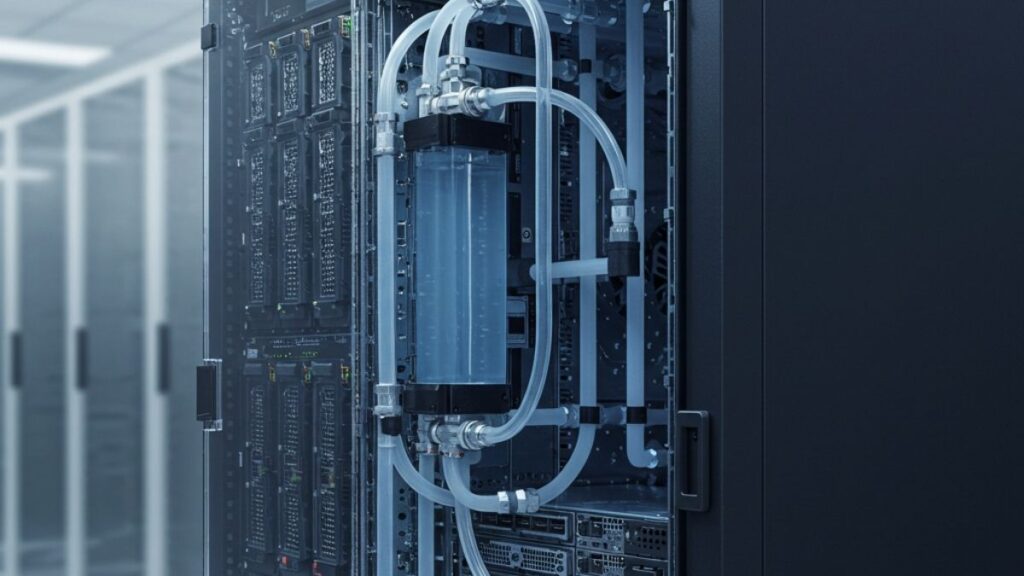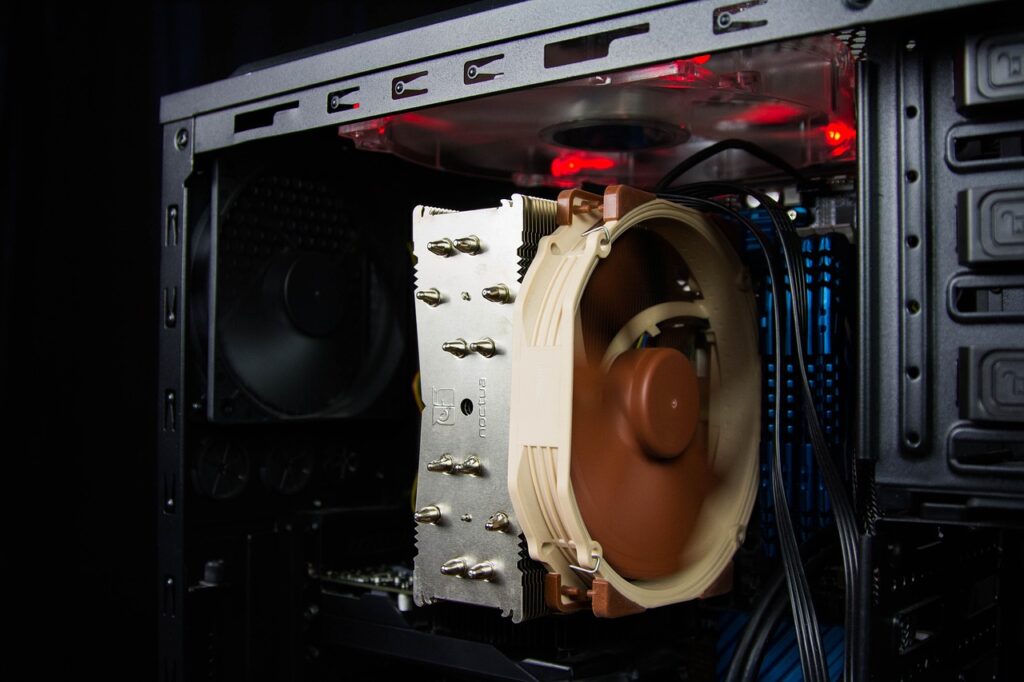If you’re looking to upgrade a number of hard drives for your business then it’s worth doing in-depth research, because it’s not just as simple as plugging in the drive and going. There’s a huge range of size, shape and cost, but perhaps more relevantly the actual internal mechanisms of the drive that affect performance and ultimately suitability.
Firstly, an overall look at the differences between the three:
SSD stands for solid state drive. These are essentially large flash/USB drives, with no moving parts unlike a more conventional hard disk drive (HDD) with a rotating magnetic platter. SSHD stands for solid state hybrid drive, and as the name describes it’s a blend of the two; a combination of solid state and hard drive which proves more effective than buying the two drives separately and using them together.
The smarter, newer versions monitor use on hybrid devices and apportion the files or items that are used more in the more efficient SSD part of the disk, apportioning everything else to hard drive. It might seem like the ideal solution, but in the end experts such as those at PC Advisor believe that performance still can’t quite match an ‘authentic’ SSD only drive.
Hard drives have been around for a long time in various guises, and generally have a larger capacity. The performance never degrades unlike the flash technology of an SD drive, which uses cells that have a limited quantity of cycles of writing and erasing. Those that need huge volumes of space for their work or hobbies such as film/music professionals and enthusiasts will probably find the premium prices of SSD drives too limiting. That said, if speed is a necessity, then it might be worth paying the extra for SSD.
Solid state drives are more durable, hence their preferred usage for laptops and portable devices as they’re less likely to be damaged when moved around and bundled into bags. They’re often silent, at least in comparison to the whirring HD drives, and usually offer far superior performance in terms of speed of storage and retrieval. That comes at a price – according to Storage Review, a gig of space costs $0.10 for SSD but just $0.06 for HDD, an almost 17-fold difference. So if cost is a real issue, plump for HDD or SSHD, while accepting the slower boot-up time and less efficient power usage.
Of course, you can also buy server space remotely, such as SSD VPS servers which not only guarantee good performance but also the piece of mind that an expert is looking after your work and projects for you, and can inform on the best choices for your business or project.
There’s plenty of advantages to both and if someone had offered a computer engineer or CEO any of the three options 25 years ago they would first laugh, and then grab with both hands. In conclusion there are no wrong answers, but ultimately the better, albeit more expensive option is SSD; it’s more durable and can perform for a far wider array of intensive tasks faster than its counterparts.
- Why Going Green with Tech Doesn’t Need to Cost the Earth - September 18, 2020
- Under 13s Most Likely to Suffer a Phone Related Injury - August 22, 2020
- The Products You Need for a Business on the Move - June 16, 2020



